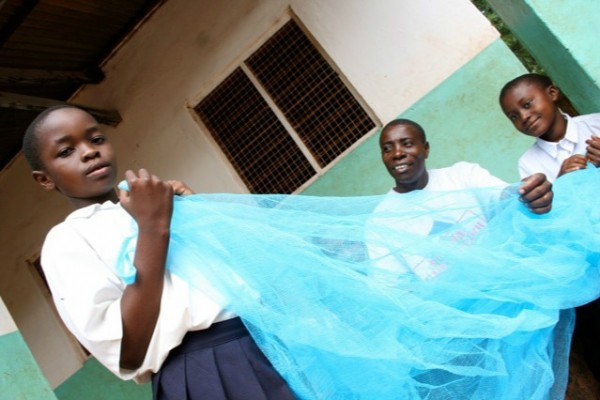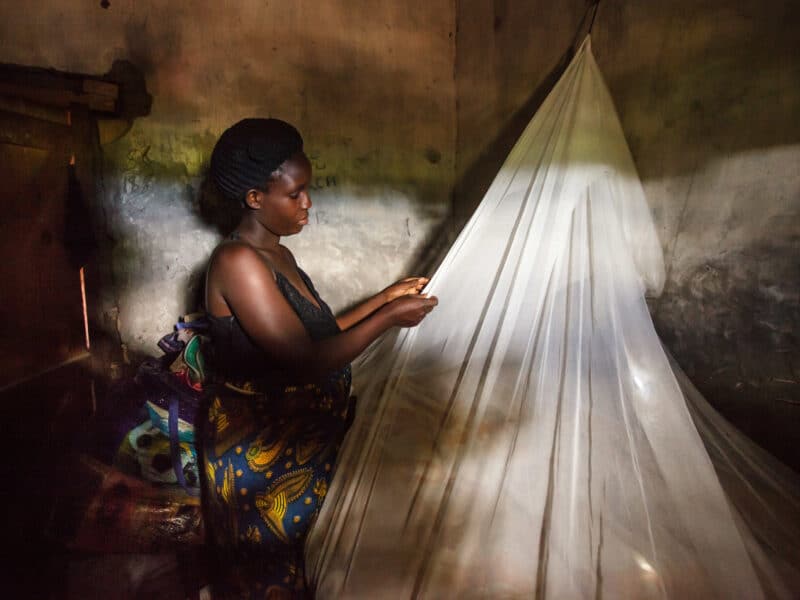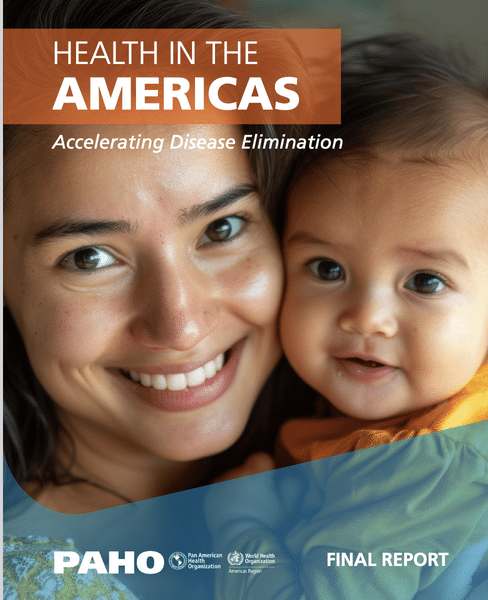A recent publication by a Johns Hopkins Bloomberg School of Public Health Center for Communication Programs (JHU∙CCP) researcher shares findings on Long Lasting Insecticidal Net (LLIN) coverage in Tanzania. The study, published in the Malaria Journal, describe the process of creating and evaluating potential channels for LLIN distribution on a continuous basis in order to maintain universal coverage over the long term.
“Tanzania achieved universal LLIN coverage two years ago and is now faced with the challenge of maintaining high coverage as nets wear out and the population grows,” explains Hannah Koenker, lead author of the study and Senior Program Officer at JHU∙CCP. “The most cost-efficient strategy to maintain universal coverage needs to optimize the number of LLINs delivered over time.”
The research reveals that distributing nets to school-children in certain grades, combined with the Tanzania National Voucher Scheme, an effort to boost LLIN coverage rates among pregnant women and infants, is the most effective and efficient way for the country to ensure continued universal coverage.
The study was funded by the Swiss Tropical and Public Health Institute in Basel, Switzerland. It is the first to present a comprehensive national process for implementing an LLIN continuous distribution strategy. JHU∙CCP’s USAID-funded NetWorks Project is leading the effort to scale up continuous distribution across sub-Saharan Africa by designing and implementing pilot continuous distribution activities in five countries, including Senegal, Ghana, South Sudan, Nigeria and Madagascar, and developing strategies in ten countries through in-person visits by NetWorks staff.
Authors of Analysing and recommending options for maintaining universal coverage with long-lasting insecticidal nets: the case of Tanzania in 2011, include Koenker, Joshua O Yukich, Alex Mkindi, Renata Mandike, Nick Brown, Albert Kilian and Christian Lengeler.
Additional information about continuous distribution, including sample strategies, implementation guidelines, training manuals and BCC materials, can be found in the K4Health Toolkit for Continuous Distribution of LLINs for Malaria Control.





